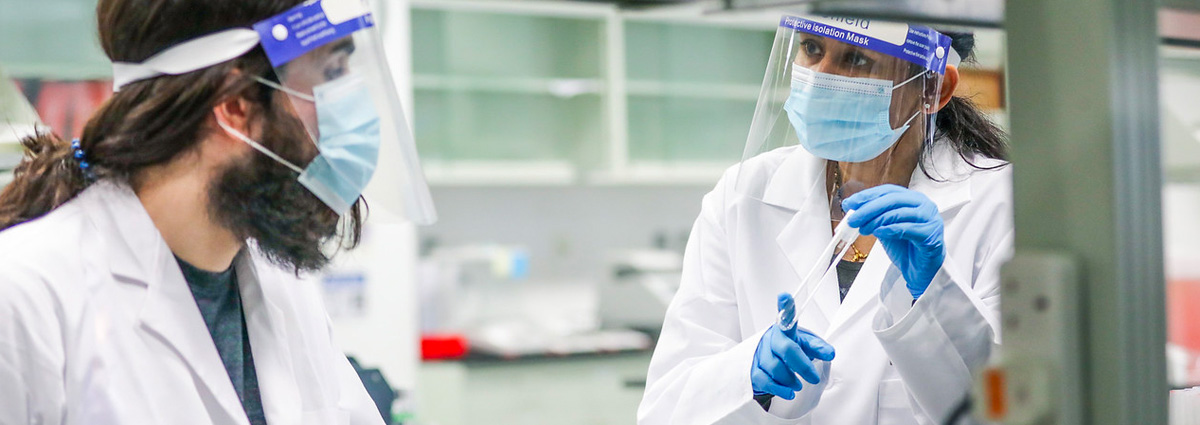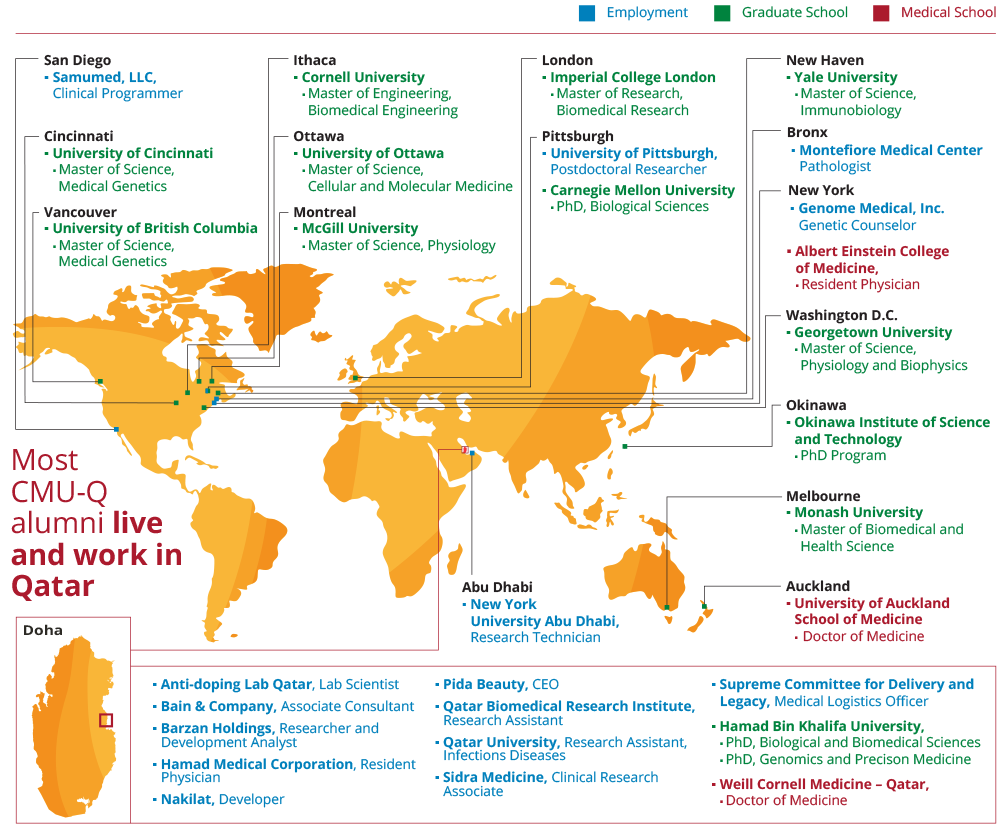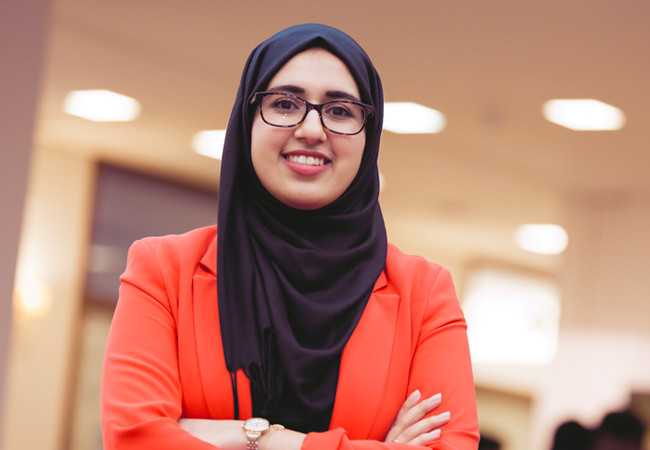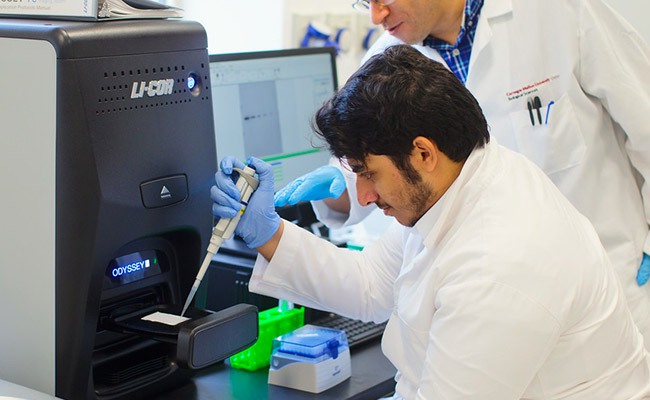
Research opportunities
Students at CMU-Q have many opportunities to engage in research: they have the option of a senior thesis project, independent study guided by a faculty mentor, and summer research opportunities in a variety of laboratories within Carnegie Mellon University and Education City.
Learn more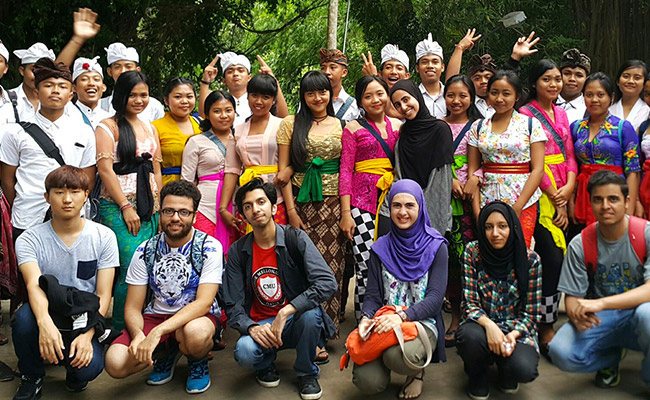
Academic Enrichment
Biological sciences students at CMU-Q can choose from an extensive slate of academic enrichment opportunities that enhance their work in the classroom.
Learn more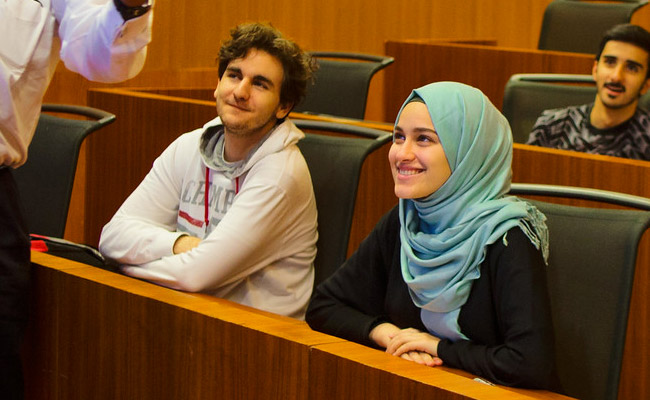
Arts and Sciences
Arts and Sciences courses include mandatory and elective classes in a wide range of academic areas, including Arabic studies, chemistry, English, history, math, psychology and physics.
Learn more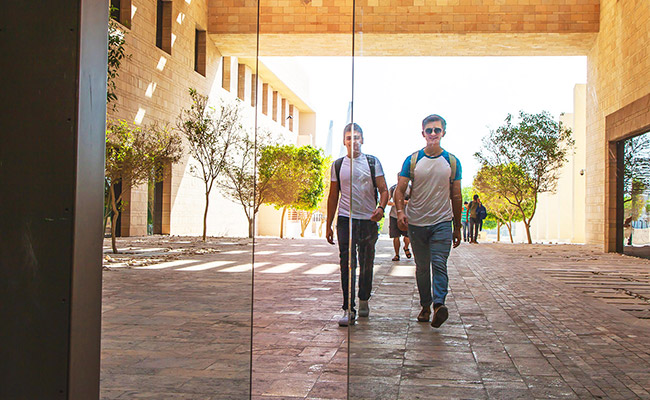
What will your day look like?
Take a look at a day in the life of a student at Carnegie Mellon Qatar.
See moreMeet the Faculty
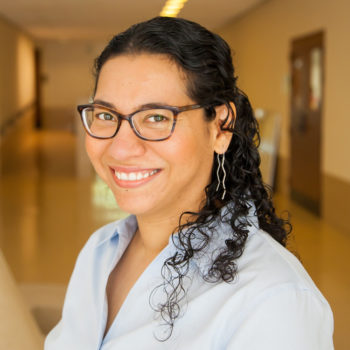
Nesrine Affara
Assistant Teaching Professor, Biological Sciences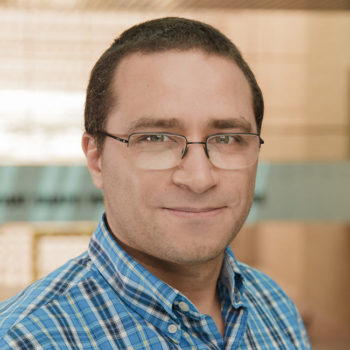
Mohamed Bouaouina
Associate Area Head, Biological SciencesAssociate Teaching Professor, Biological Sciences
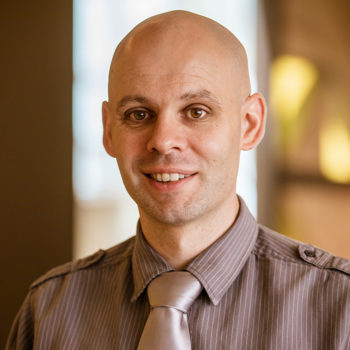
Simon Faulkner
Assistant Teaching Professor, Chemistry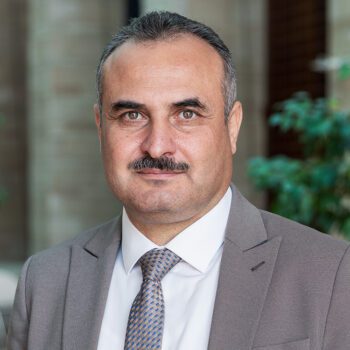
Nimer Murshid
Assistant Teaching Professor, Chemistry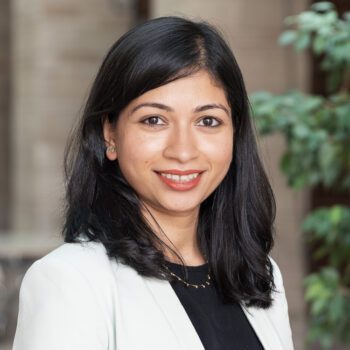
Adviti Naik
Assistant Teaching Professor
Annette Shoba Vincent
Teaching Professor, Biological Sciences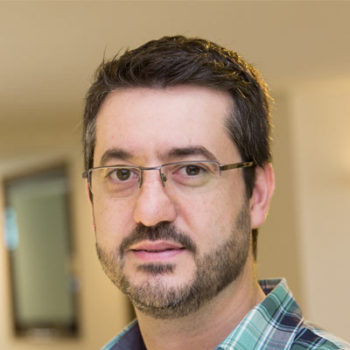
Ihab Younis
Area Head, Biological SciencesAssociate Teaching Professor, Biological Sciences

